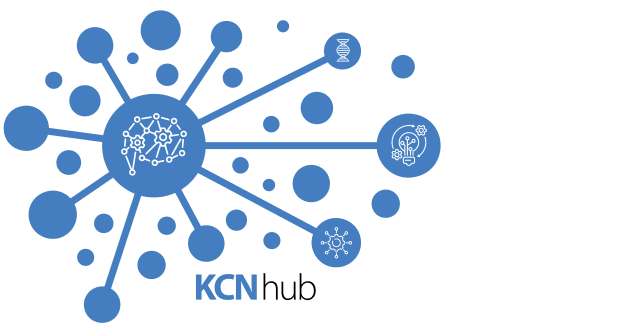A cellular view of recent human brain evolution
[[As this will be an in person event, masking is required at all times in accordance with UHN's policy. All people attending on-site events must be fully vaccinated.]]
Abstract: Enhanced cognitive function in humans is hypothesized to result from cortical expansion and increased cellular diversity. However, the mechanisms that drive these phenotypic differences remain poorly understood, in part due to the lack of high-quality cellular resolution data in human and non-human primates. Here, we take advantage of single cell expression data from the middle temporal gyrus of five primates (human, chimp, gorilla, macaque and marmoset) to identify 57 homologous cell types and generate cell-type specific gene coexpression networks for comparative analysis. While ortholog expression patterns are generally well conserved, we find 24% of genes with extensive differences between human and non-human primates (3383/14,131), which are also associated with multiple brain disorders. To validate these observations, we perform a meta-analysis of coexpression networks across 19 animals, and find that a subset of these genes have deeply conserved coexpression across all non-human animals, and strongly divergent coexpression relationships in humans (139/3383, <1% of primate orthologs). Genes with human specific cellular expression and coexpression networks (like NHEJ1, GTF2H2, C2 and BBS5) typically evolve under relaxed selective constraints and may drive rapid evolutionary change in brain function.
Brief Bio: Dr. Jesse Gillis completed his undergraduate in Biophysics at the University of Toronto, where he also received his PhD in Neuroscience. His post doctoral training was done at the Centre for High-throughput Biology at UBC. There, he focused on meta-analysis of expression data, and particularly co-expression analysis, which infers functionality between genes based on shared expression profiles, a form of network analysis. Focusing on these topics, Jesse started his own lab at CSHL in 2012 and took up his position at U of T in 2022. Research in his lab aims to understand the flow of information from the genome to whole organism biology through modelling and analysis of functional genomics data. This research is broadly integrative across modalities, systems, and even species but also integrative across levels of organization, using molecular processes within cells to understand how and why cells diversify and how that diversity in turn affects organism phenotype.

